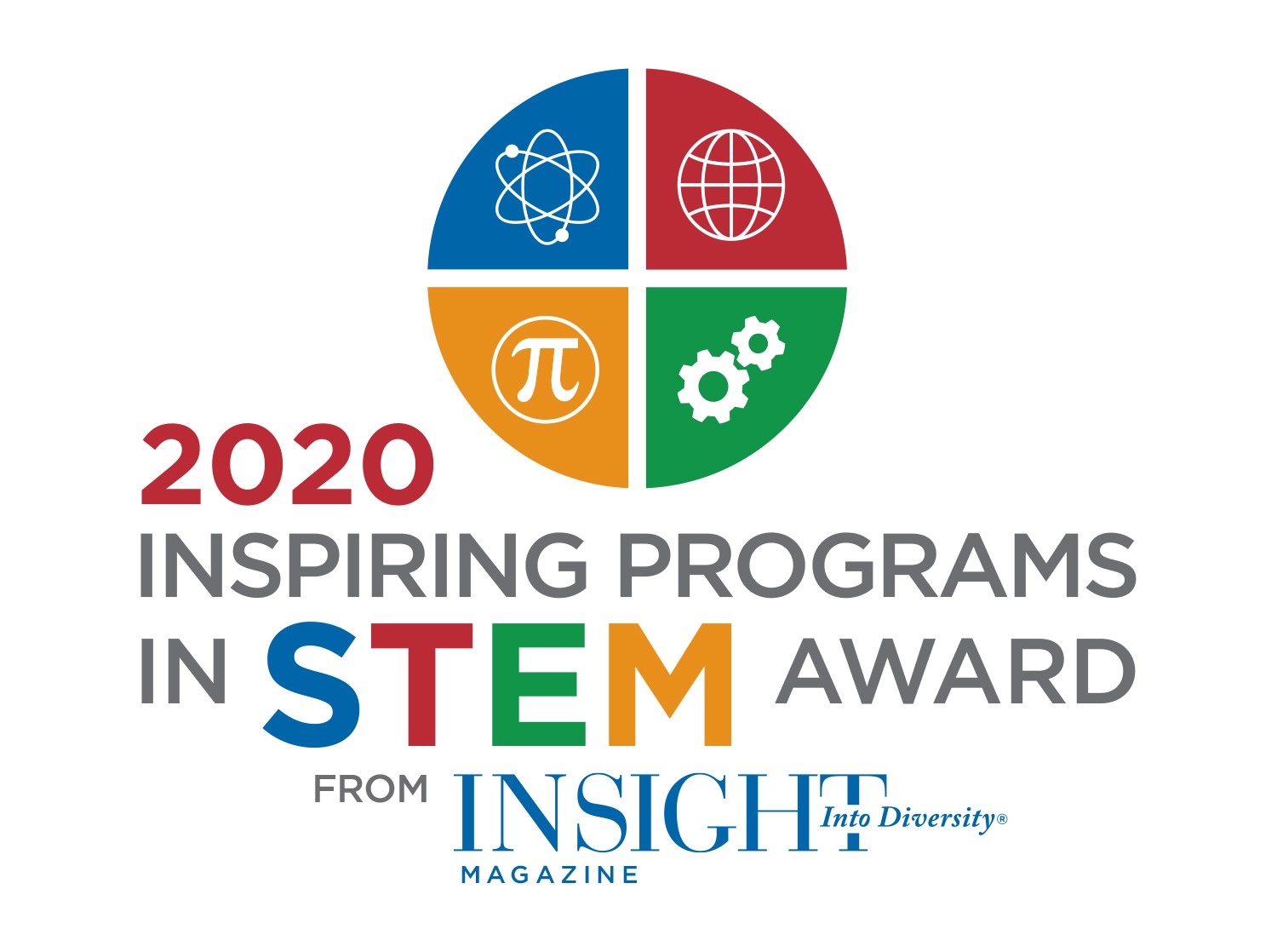Highlighted Projects
K-12 Education
VetaHumanz: Inspiring future veterinarians using a Veterinary STEM Ecosystem
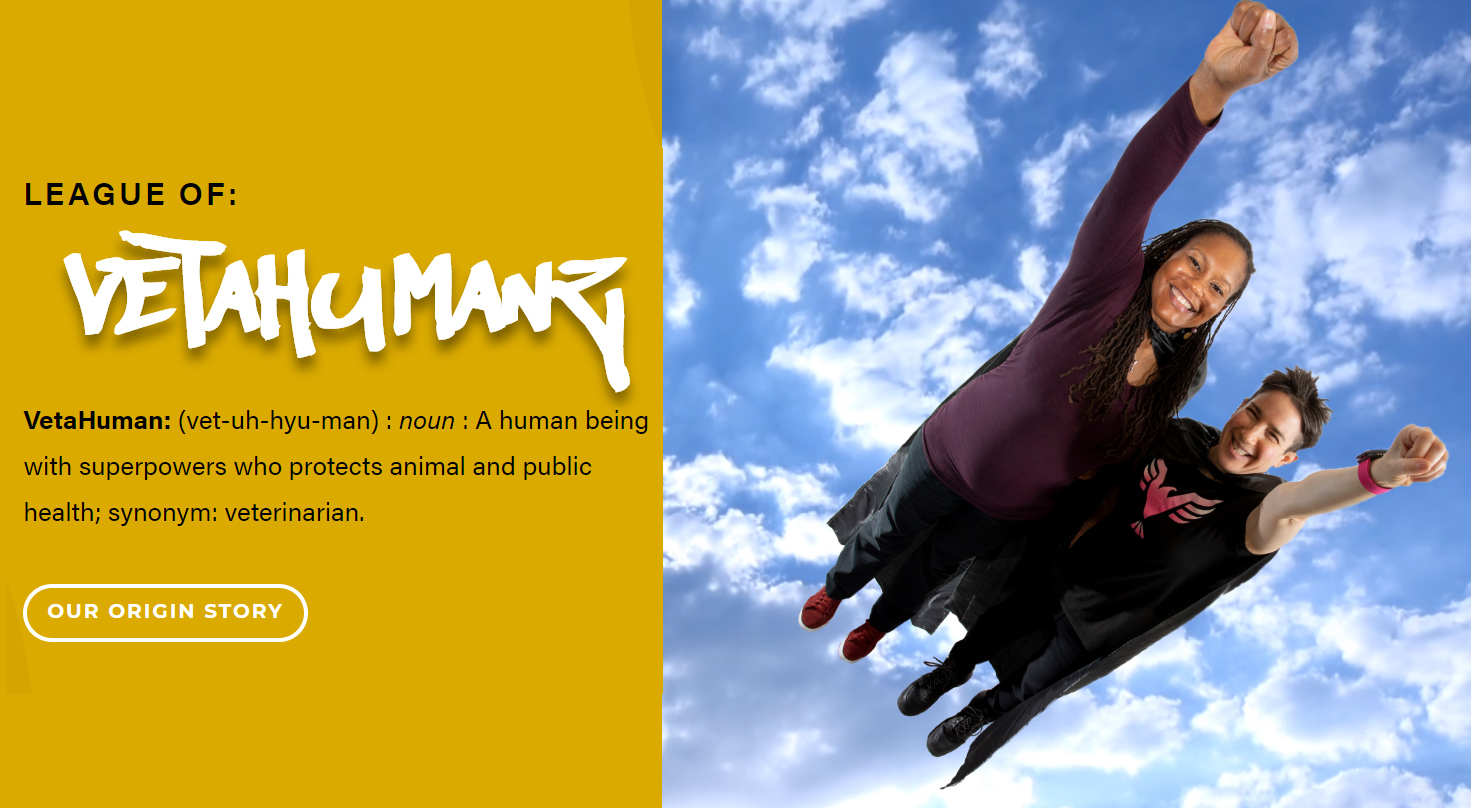
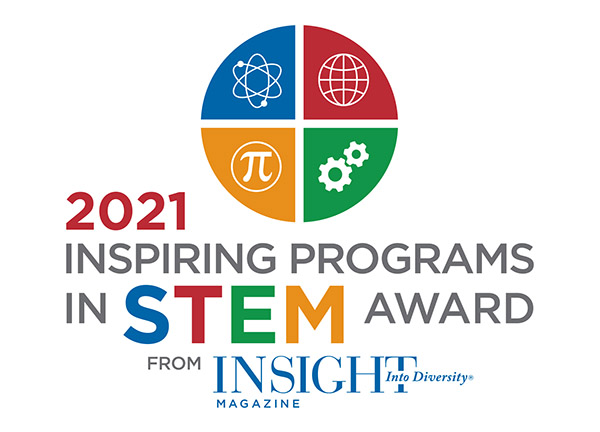
Funded by: National Institutes of Health
In Partnership with: Purdue College of Veterinary Science
The VetaHumanz league is a global, inclusive community where Veterinarians in academia, practice, research, government and industry engage with community centers and schools across the globe to provide access and support for underserved youth. Members, or VetaHumanz communicate the positive impact of veterinary medical research on public and animal health, while facilitating career exploration and experiential learning.
This is How We “Role:” Inspiring Future Researchers through Veterinary Medicine
Funded by: National Institutes of Health
In Partnership with: Purdue College of Veterinary Science
This project seeks to diversity the pool of high school and college students aspiring to STEM careers by providing culturally responsive afterschool educational programs to elementary age students. Clinician-scientist role models who are diverse in gender, race, and ethnicity deliver the programs that focus on health conditions shared by people and animals. ELRC staff serve as internal evaluators and education research advisors for this project. To find out more about the program visit their website:https://vet.purdue.edu/engagement/how-we-role/
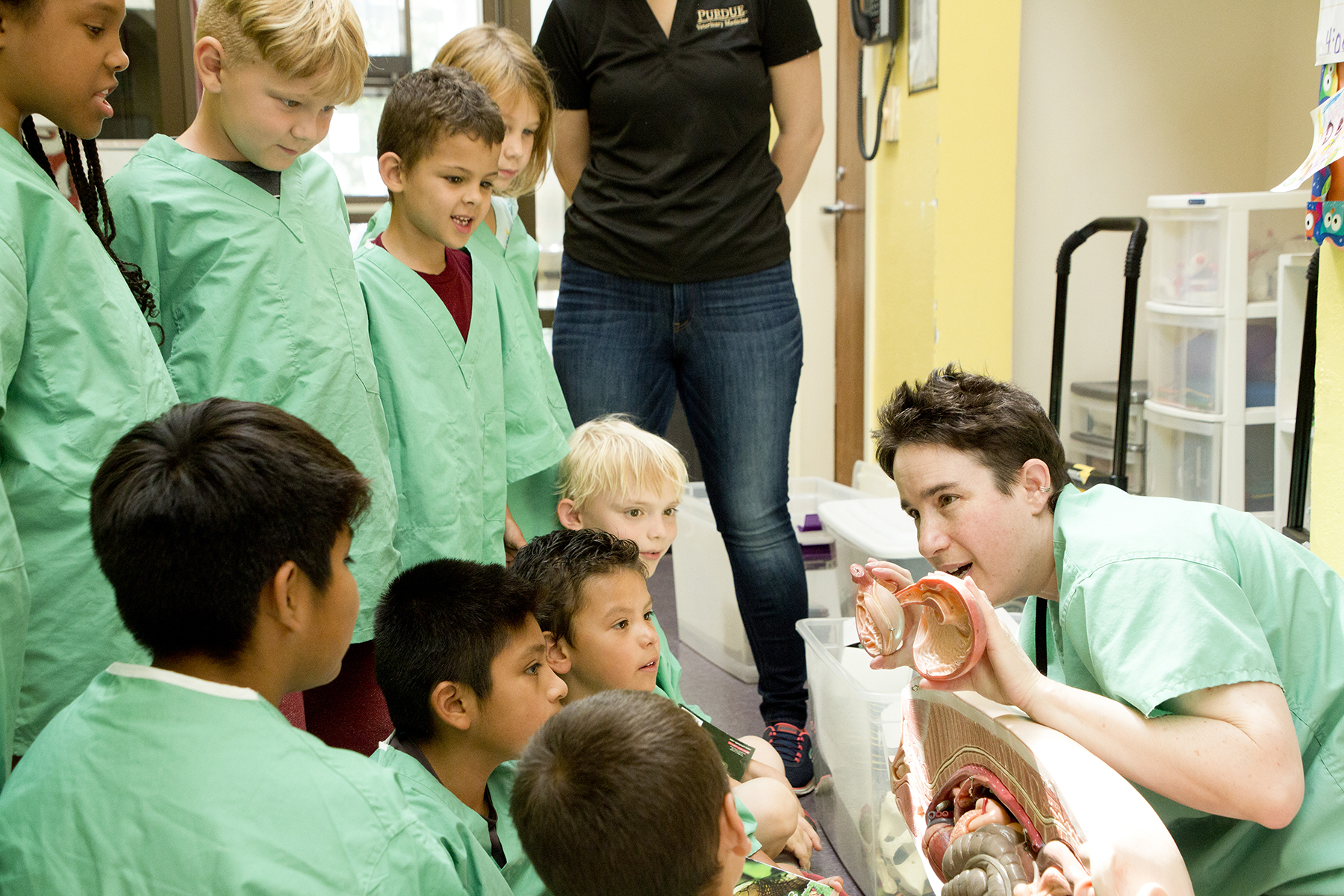
Purdue University Sustainable Community Project (Juntos)
Funded by: USDA/NIFA-CYFAR
The initiative focuses on improving the school experience for students and their families by providing resources and a built-in support system within their community. Ultimately, the goal is to improve graduation rates and create interest and opportunity for secondary education.
Teacher Quality partnership Grant-TQP STEM Teacher Residency in Indianapolis
Funded by: U.S. Department of Education
The overall vision of Indianapolis STEM Teacher Residency (ISTR) is to strengthen the educational outcomes of students in the largest urban school district in Indiana, IPS, by preparing culturally competent, highly qualified career STEM teachers who will elevate student achievement in middle and high school science (including computer science), technology, engineering, and mathematics. ELRC is examining project outcomes related to the teachers participating in the residency program, the students they teach, the mentors that work with the residents, and the school district implementing this model.
Curriculum and Assessment Design to Study the Development of Motivation and Computational Thinking for Middle School Students Across Three Learning Contexts
Funded by: National Science Foundation
In Partnership with: Purdue Polytechnic Institute
This project seeks to examine the impact of curricular approaches to the development of computational thinking and motivation in middle school students. To accomplish this work, ELRC is developing and validating a computational thinking tool that we will then use to examine differences and similarities in computational thinking development across contexts.
External Evaluation for the Vanderbilt Noyce Scholars Program
Funded by: National Science Foundation
In Partnership with: Vanderbilt University, Fisk University and Metro Nashville Public Schools
The ELRC works with the project management team to design and implement a mixture of quantitative and qualitative measures that inform continuous improvement and provide objective measurement of the extent to which the program achieves its stated objectives. Formative evaluation is conducted to provide feedback and strategies for project monitoring and improvement, and information needed to identify possible gaps in the implementation, make minor adjustments, improve evaluation instruments and identify features contributing to (or inhibiting) program success. Current evaluation questions include:
- To what extent was the program able to successfully recruit its target populations?
- What recruitment activities and components contributed to the successes (or struggles) of project in achieving its recruitment goals?
- To what extent to scholars develop appreciation and understanding of the opportunities and challenges of teaching in urban settings?
- What are the primary challenges faced by scholars in their first year of teaching?
- What supports are needed by scholars and to what extent are these needs met by the project?
Higher Education
Vet Up! The National HCOP Academy for Veterinary Medicine
Funded by: HHS/HRSA/HCOP
This project will 1) address the national shortage of veterinarians in public health and rural/food animal practice and 2) the underrepresentation of individuals entering the veterinary profession. The project includes, high school students, undergraduates, and DVM students.
Michigan Gateways to Completion (G2C)
Funded by: Lumina Foundation
In Partnership with: John N. Gardner Institute for Excellence in Undergraduate Education, the Michigan Community College Association, and the Michigan Higher Education Student Success Network
This project will build capacity across a coalition of 8 Michigan 2 and 4 year colleges and universities to increase student retention and completion by transforming gateway courses from barriers to gateways. G2C helps institutions gather, collect and analyze institution specific data that forms the basis for developing and implementing customized plans for enhancing student learning and success in high-enrollment courses that have historically resulted in high rates of Ds, Fs, and withdrawals. ELRC serves as external evaluator for this project, providing independent, third-party evaluation of program process and overall efficiency, as well as critical friend feedback regarding the program’s research plan, data collection and analysis strategies, interpretation of results and implications, and management structure.
Success through Transformative Education and Active Mentoring (STEAM)
Funded by: U.S. Department of Education First in the World Initiative
In Partnership with: Center for Instructional Excellence
This project seeks to increase the number and diversity of students entering the STEM workforce by elucidating the pivotal mechanisms that make active learning a useful strategy of engaging undergraduate students in STEM and that help students, particularly women and underrepresented students, complete a STEM degree. Guided by self-determination theory (SDT), this project is rigorously studying how basic psychological needs contribute to creation of a student-centered or autonomy-supportive environment, thus allowing for identification of the effectiveness of active learning strategies across course redesign models. The ELRC is conducting external evaluation for this project to determine the extent to which STEAM achieves its stated goals and objectives. Evaluation includes ongoing consultation to review program research plan, data collection and analysis strategies to insure alignment with What Works Clearinghouse standards, and unbiased independent assessment of program progress and efficacy.
Development of a Model for Incorporation of Data Science Learning Into a Non-majors Course to Promote Data Science
Funded by: Purdue's Integrative Data Science Initiative
In partnership with: College of Health and Human Sciences, Purdue
This project involves designing and implementing, as a module in the course, a student hands-on project using data science to illustrate a relationship between a nutritional factor and risk for disease development. The data will be mined from a large data set relevant to the course and the students will be taught to curate, transform and evaluate the information using R Studio in the STEMEdhub.org, with evaluation and co-creation of the module by the Evaluation Learning Research Center. This project will produce a model that can be modified to create modules in other courses at Purdue.
Interprofessional Collaborative Process Improvement Program
Funded by: Health Resources and Services Administration
In Partnership with: Community Health Network and Purdue School of Nursing
This project is a professional development/training program designed to improve patient care and health outcomes while lowering cost through the use of nurse-led Interprofessional Practice Collaborative Process Improvement practices. As external evaluator for this project, ELRC works with partners to develop a project logic model and evaluation timeline, identify assessment instruments, provide guidance on data collection methodologies and analysis frameworks, analyze, summarize and interpret data and results, and provide recommendations for project improvement.
International Projects
PERU-Hub

Funded by: USAID
PERU-Hub will enhance the capacity of higher education institutions in Peru to engage in participatory development research that works with farmers and producers to create and use research that enhances the biodiversity of the Amazon, the engagement of native and women farmers, and the quality of life for farmers in the Peruvian Amazon.
The Arequipa Nexus Institute for Food, Water, Energy, and the Environment
Funded by: UNSA
LASER Evaluation of Accelerated Education Programs in Somalia
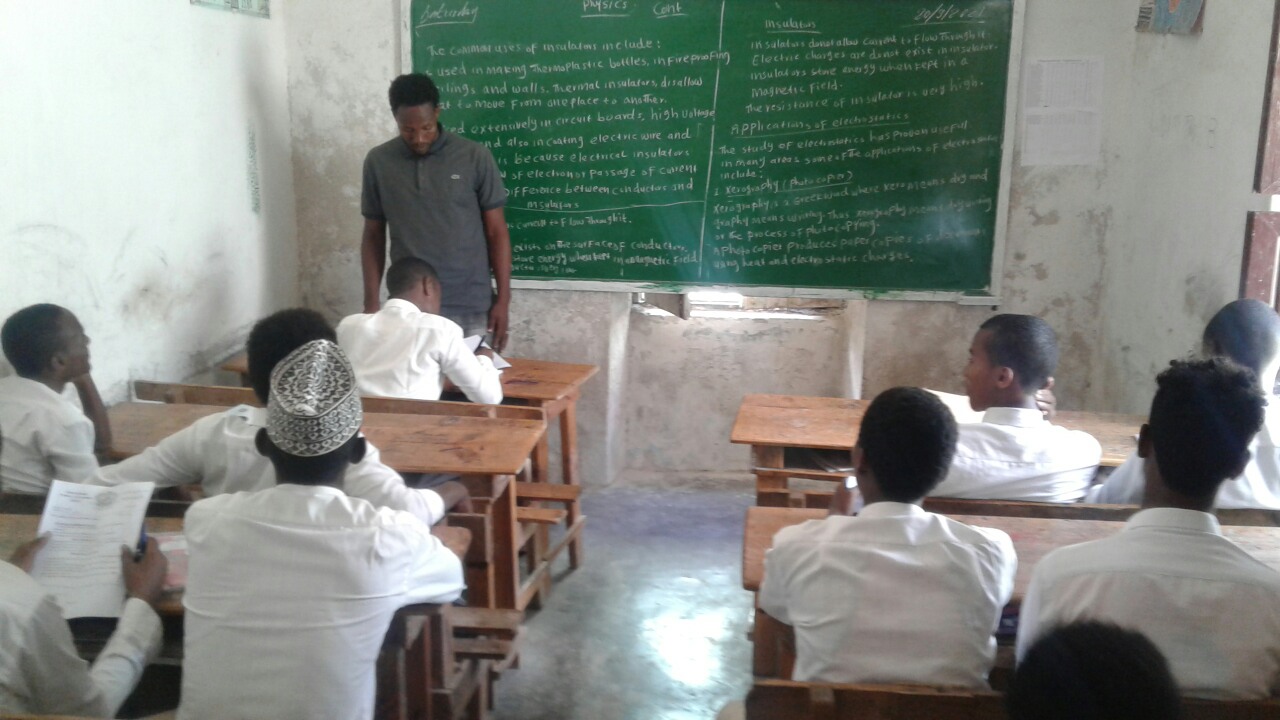
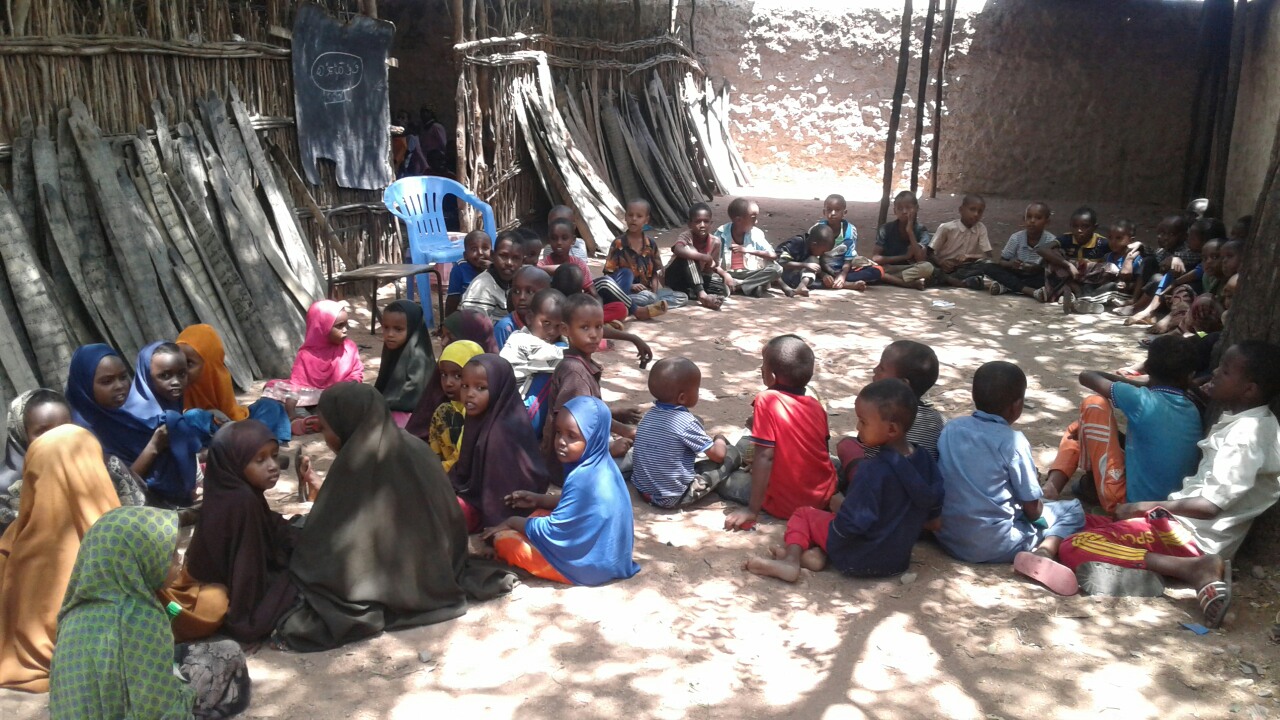

Funded by: USAID
This project is examining the effectiveness of an accelerated basic education program in Somalia and conducting reference analysis of the country’s formal primary education. Results will provide robust analysis that informs data-driven decision making by USAID and the Somali Ministry of Education, Culture, and Higher Education around replication, scale-up, and educational policy as Somalia strives to rebuild the country’s educational infrastructure and capacity. Willie Burgess serves as the PI/project lead of this collaborative work that includes researchers at Purdue, the Resilient Africa Network (RAN) in Uganda, and the Somali Research and Development Institute (SORDI) in Mogadishu, Somalia.
In mid-September, ELRC researchers travelled to East Africa to participate in several meetings related to this work. ELRC lead a multi-day meeting of the Purdue/RAN/SORDI team to examine learning outcome and other results deriving from the first year of accelerated basic education implementation and reference data collection from formal school grades 1 and 2. This multi-national research team also contributed to a Cross-learning meeting, hosted by USAID, with researchers working on other accelerated learning projects in Somalia to compare notes, develop synergies, and create holistic and actionable datasets and recommendations to guide Somalia educational policy. Finally, Burgess participated with leaders from a variety of non-for-profit organizations working in Somalia in a USAID/Somalia Pause and Reflect meeting to perform a holistic examination of the agency’s progress towards strategic objectives in this country.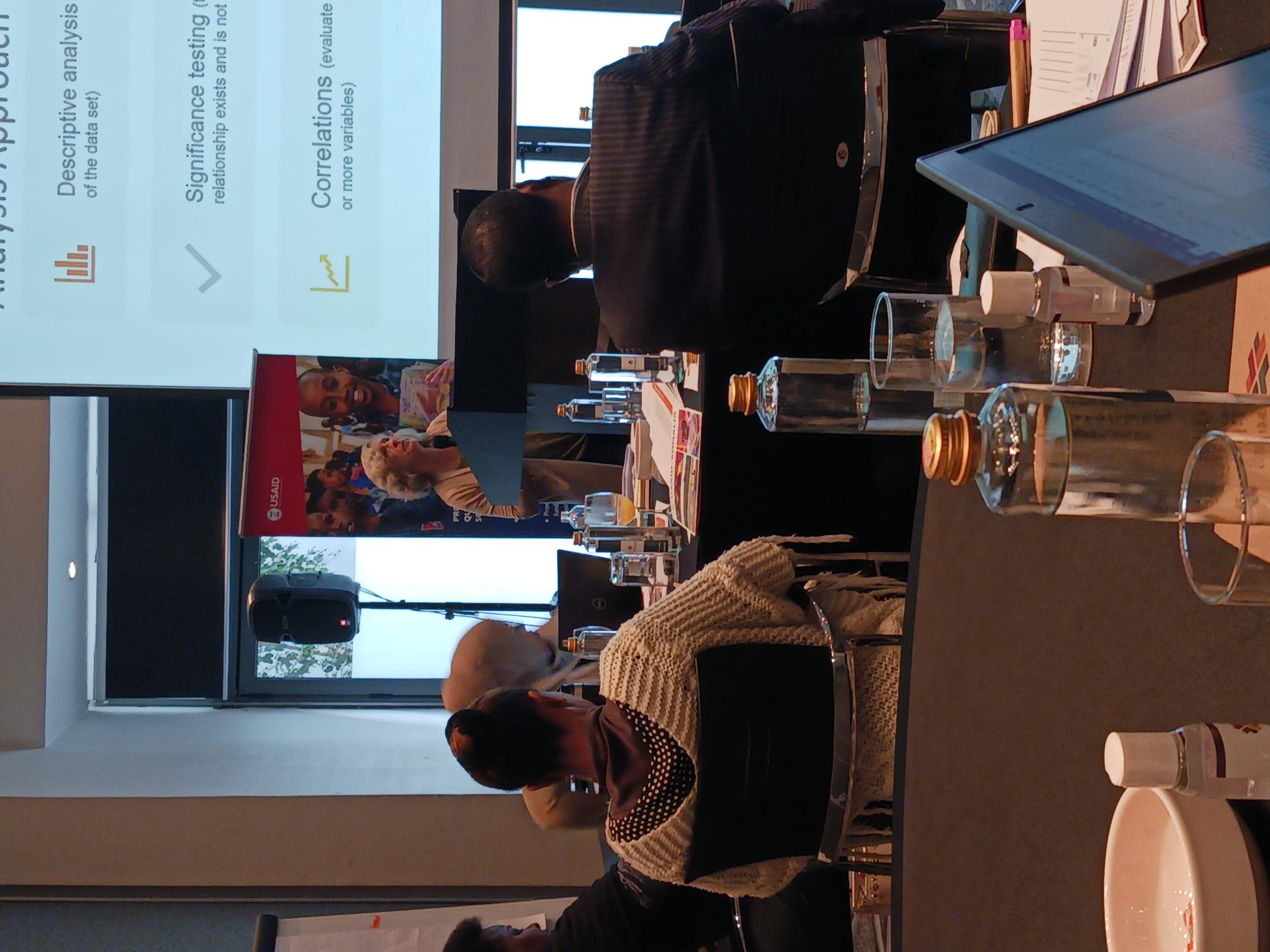
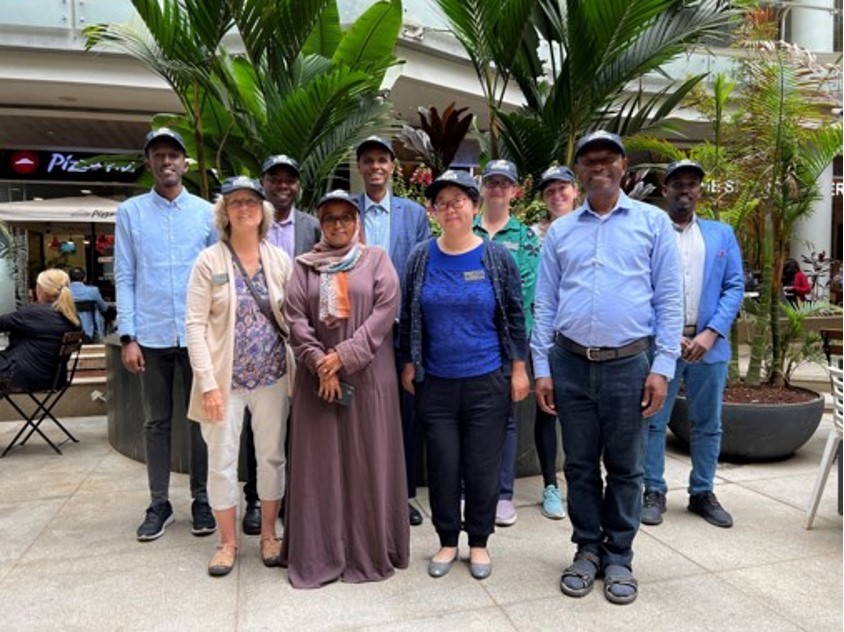
Long-Term Assistance Services for Research (LASER) PULSE
Funded by: USAID
LASER (Long-term Assistance and Services for Research PULSE (Partners for University-Led Solutions Engine) is funded through USAID's Innovation, Technology, and Research Hub, to deliver research-driven solutions to field-sourced development challenges in USAID interest countries.
LASER Buy-In: Building the Evidence Base on Effective Public-Private Sector Engagement
Funded by: USAID
This project examined the influential factors leading to positive and productive relationships among USAID, stakeholders, and the private sector through synthesis of detailed desk reviews of the literature from both business management and social science perspectives.
LASER Buy-In: Building the Evidence Base on Effective Public-Private Sector Engagement-II
Funded by: USAID
Building on the extensive literature review conducted in phase 1, this project will use an iterative ground-truthing approach to verify and contextualize findings and develop a set of best practice for successful public-private partnerships.
Intercultural assessment of an undergraduate overseas STEM research experience for U.S. students
Funded by: CILMAR/NSF
This project will explore the impact of an international research experience on cultural competencies, attitudes and beliefs, and career plans of undergraduate students.
Sustainable Medicines in Africa Project
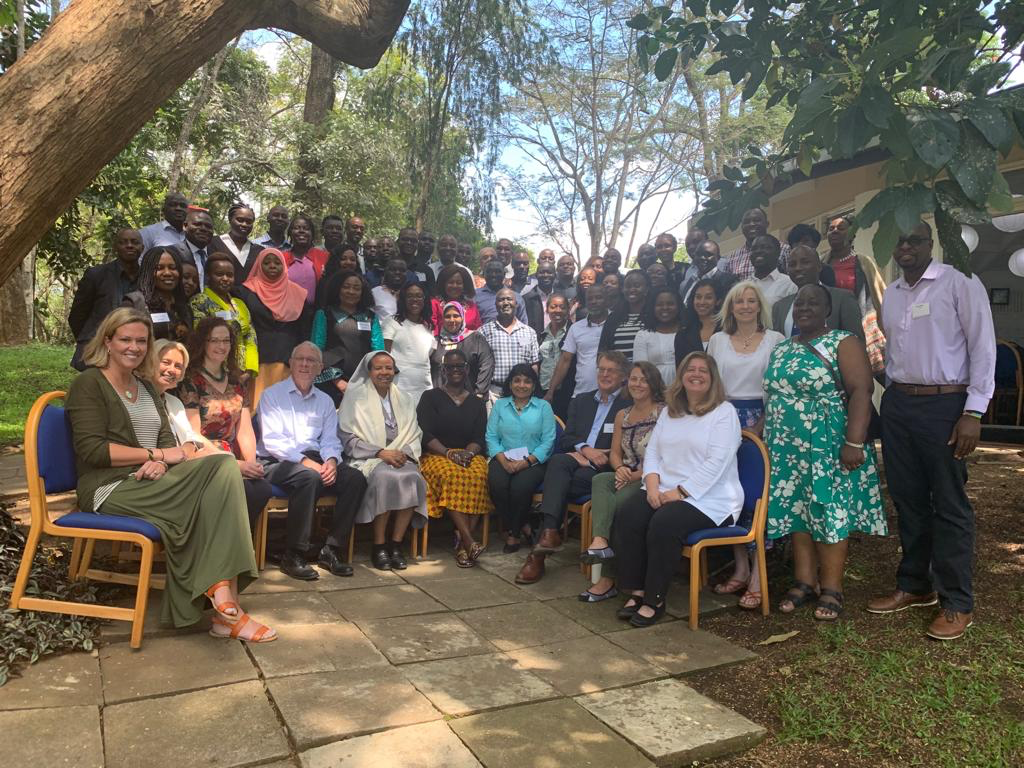
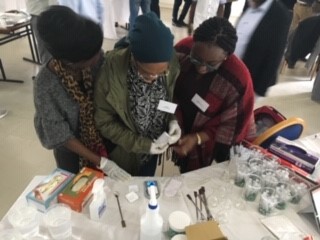
Funded by: Gates Foundation
This collaboration between Purdue University and the Kilimanjaro School of Pharmacy focuses on capacity development for the manufacture of quality medicines in Africa, by and for Africans. The project is developing, evaluating and implementing an educational ecosystem that supports the enhancement of regulatory and technical competency of African professionals, the creation of a collaborative culture for drug quality in manufacturing and regulation and accelerating and sustaining innovations in drug manufacturing developed by African professionals. The ELRC is contributing our expertise in development and evaluation of high impact educational practices, as well as, the monitoring and evaluation of learning networks for capacity development in underserved and under-resourced communities.


